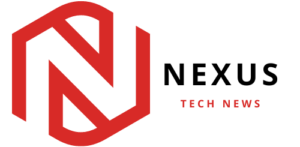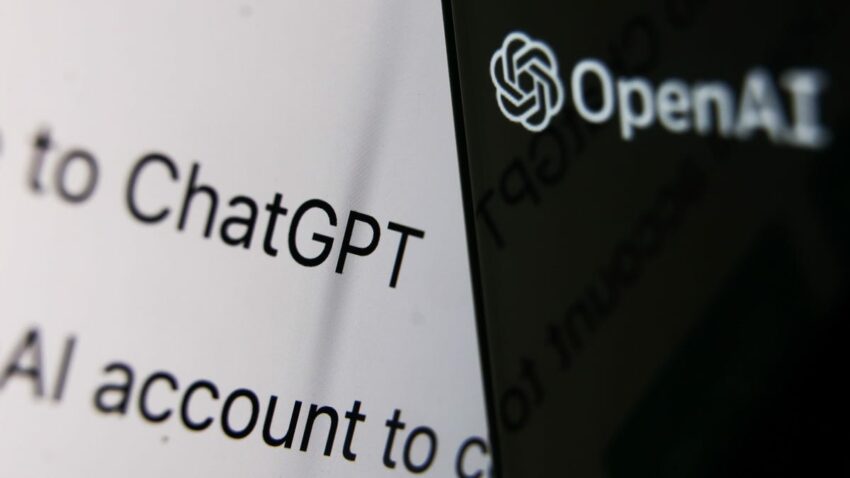Elon Musk allegedly sought to seize control of OpenAI, the non-profit AI lab he co-founded in 2015. According to a recent article by Semafor, Musk’s request for direct control of the firm was rejected by other OpenAI founders, including CEO Sam Altman and President Greg Brockman.
Musk resigned from OpenAI’s board in 2018 owing to a conflict of interest with his work at Tesla, and according to Semafor, he also breached a $1 billion financial commitment. Although OpenAI created large-scale AI models such as DALL-E and the GPT series, Musk only donated $100 million, leaving OpenAI with considerable expenses.

Elon Musk attempted to acquire ChatGPT
OpenAI revealed in 2019 that it was establishing a for-profit organization to support its research, which led to a tight cooperation with Microsoft. Microsoft gave billions of dollars in cash as well as exclusive licenses to utilize OpenAI’s technology in its products. Many in the AI community view this as a breach of OpenAI’s fundamental values and a hazardous precedent for the globe.
Microsoft’s cooperation with OpenAI has altered the manner in which the business shares its research. When OpenAI presented its most recent AI language model, GPT-4, at the beginning of this month, it did not provide its creation process or training data. Chief Scientist of OpenAI, Ilya Sutskever, claimed that this was done to maintain a competitive edge and avoid exploitation of its technologies. Nevertheless, many AI specialists say that this strategy restricts the community’s ability to comprehend possible risks posed by these systems and concentrates power in the hands of corporations.
Since forming a relationship with Microsoft, OpenAI and Microsoft have swiftly introduced AI-based services and solutions. Microsoft has incorporated the technology of OpenAI into Windows and its Office suite. OpenAI has enhanced ChatGPT’s interoperability with other websites and services through the use of plug-ins. This action has been equated to giving the robot “eyes and ears,” although safety concerns have been highlighted by a number of specialists.
Elon Musk has voiced dismay at the trend of OpenAI toward corporate interests and Microsoft’s leadership. In a February tweet, Musk argued that OpenAI “has become a closed-source, maximum-profit enterprise owned by Microsoft” and that this was “absolutely not what I wanted.”

